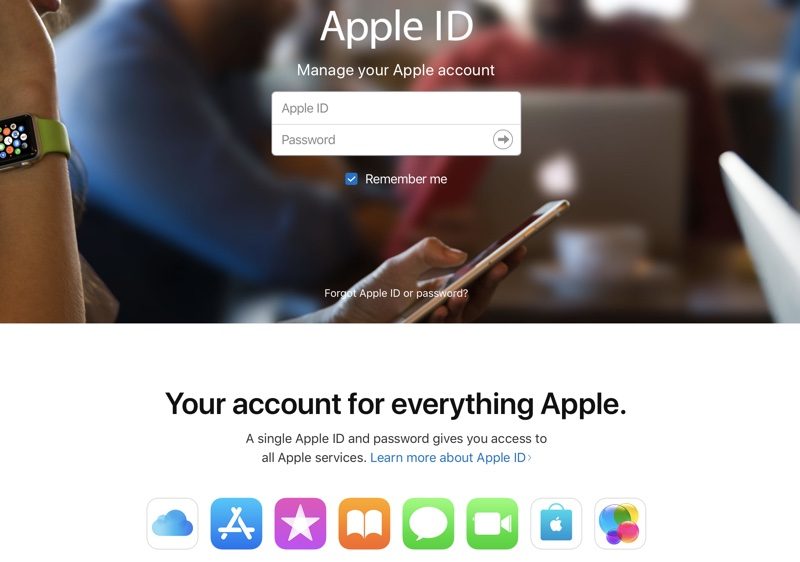Apple has been making a sort of raid on the App Store in recent days. It removes from its app store those that share the location of its users without authorization. This is done based on a violation of the App Store rules, which are the same for all developers. So far, several different apps have disappeared from the store.
It could be interest you

Apple is thus acting in connection with the upcoming arrival of new EU legislation, which significantly changes the conditions under which service providers can store and share personal information about their clients or users. Apple is targeting apps that share their users' location data without asking permission to do so.
If Apple finds such an app, it will temporarily disable it from the App Store and contact the developer stating that their app violates certain App Store policies (specifically, points 5.1.1 and 5.1.2. on forwarding location data without user consent). Until all elements that violate the above-mentioned points are removed from the application, the application will remain unavailable. On the contrary, after their removal, the entire case will be investigated again and if the rules are met, the application will be available again.
It could be interest you

These steps apply mainly to those applications that do not inform users sufficiently (or at all) about what is happening with their data, where the application is sending it, and who has or will have access to it. A simple consent to provide information to Apple is allegedly not enough. The company wants developers to offer users detailed information about what is happening and will happen with their data. Likewise, Apple targets apps that collect data about users outside of the app itself. In other words, if the application collects information about you that it does not need for its operation, it goes away from the App Store.
The aforementioned requirements for developers are related to the new EU legislation, which focuses on users' personal data. Many know it under the abbreviation GDPR. This new legislative framework comes into effect from the end of May and has caused a big wave of changes over the past two months, especially in the case of social networks and other platforms that work extensively with users' personal data.
Source: 9to5mac